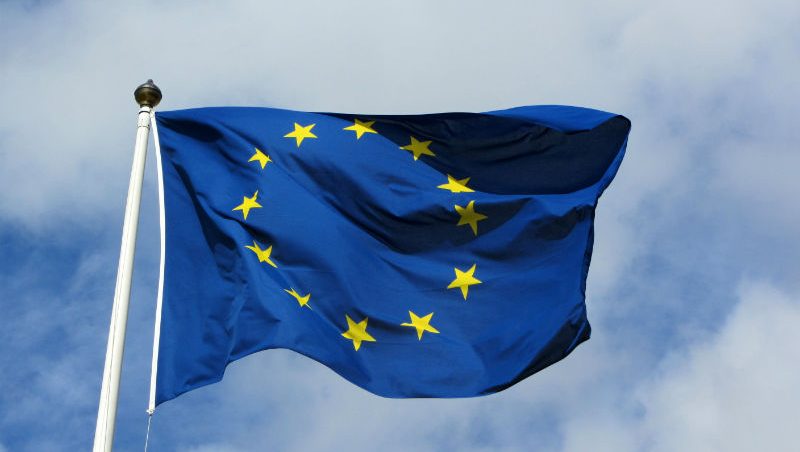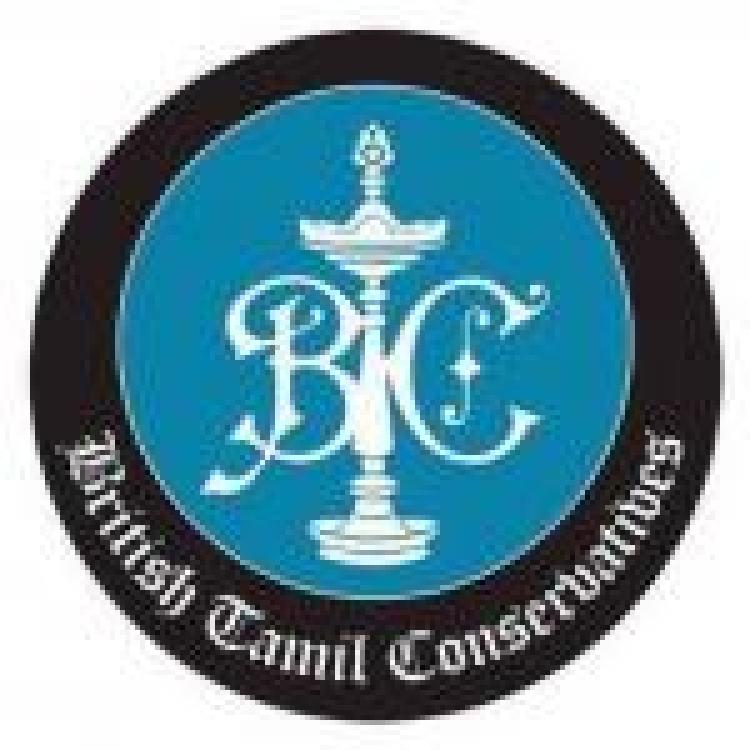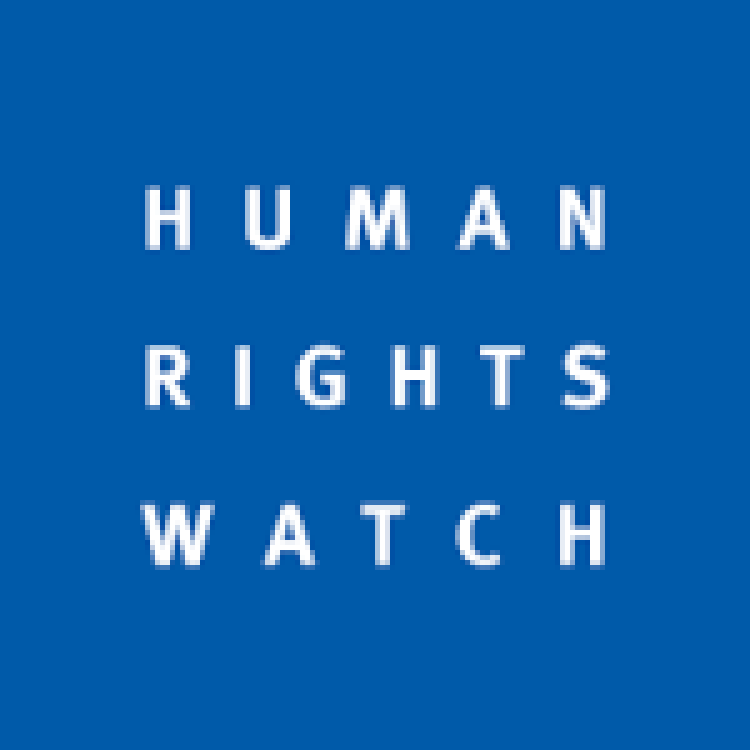
Following the passage of the UN Human Rights Council (UNHRC) resolution on Sri Lanka, the European Union (EU) has stated that they will monitor the human rights situation in light of their GSP+ agreement.
Responding to an inquiry from the Business Times, the EU responded stating that whilst the resolution “does not have an immediate and direct link with EU-Sri Lanka trade relations […] trade preferences that Sri Lanka currently enjoys under GSP+ are conditional to the implementation of 27 international conventions related to human and labour rights, as well as the environment and good governance”. They further highlight that EU member states have issued support to the Office of the High Commissioner to “to enhance its monitoring and reporting on the situation of human rights in Sri Lanka, including on progress in reconciliation and accountability”.
The Business Times further highlights that the UK does not have an agreement to replace the GSP + with Sri Lanka, since the UK left the EU. The UK remains Sri Lanka’s largest to the former EU and in 2020 its largest direct investor.
This follows calls from Human Rights Watch for the EU to review its GSP+ agreement in light of Sri Lanka’s decision to expand its draconian Prevention of Terrorism Act (PTA). The commitment to repeal the PTA, which allows for detention without charge, was a key element under the GSP+ agreement however despite the failure to repeal the bill, the EU reinstated these favourable trading agreements with Sri Lanka in 2017.
HRW notes that “the new regulations make the PTA more abusive, not less”. Last month 8 Muslims were detained under the PTA and 7 Tamils have been detained since last November. The measure has also been used to detain human rights lawyers such as Hejaaz Hizbullah.
Sanctions
On the question of sanctions, the EU noted that decisions would need to be taken by the Council of the EU on the “basis of proposals from the High Representative of the Union for Foreign Affairs and Security Policy”. The EU has applied sanctions to promote human rights, democracy, and international law.
The EU has further reported that it will bring up Sri Lanka’s continued import restrictions since last year during the World Trade Organisation (WTO) Committee on Trade in Goods Council meetings that convened this week.
Dhammika Fernando, FTZ Manufacturers Association General Secretary, has highlighted that Sri Lanka relies heavily on the EU for imports and may turn to Chinese suppliers however, China does not buy from Sri Lanka as much as the EU imports from Sri Lanka.
Read more here.



